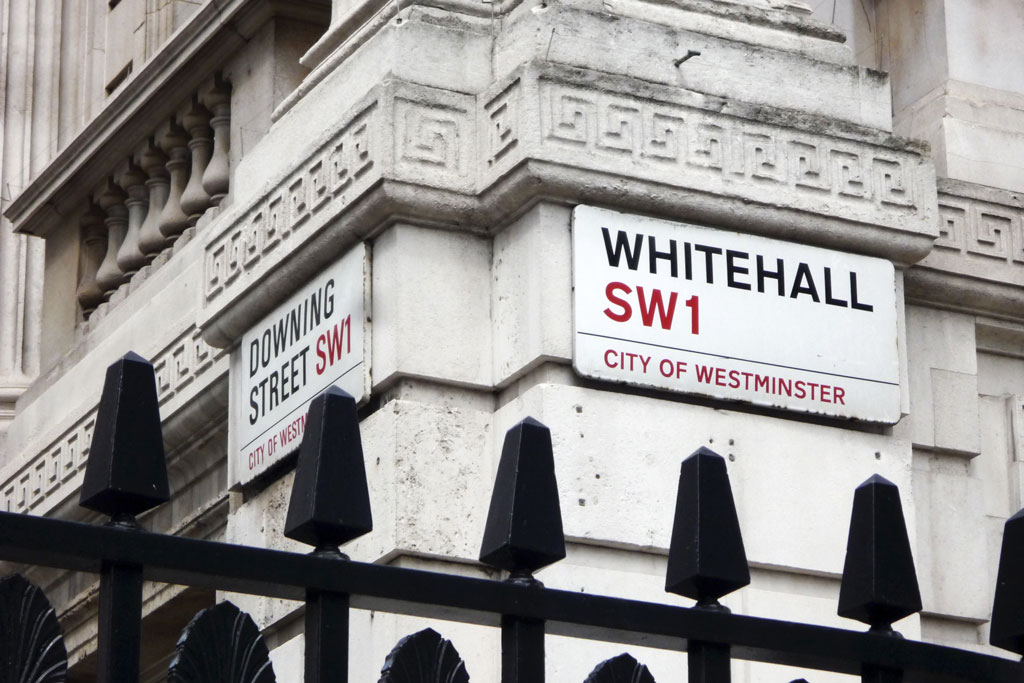
In the first part of a series of three articles, Simon Parsons investigates judicial review of executive action
Decisions of public bodies can be challenged by way of judicial review and may be quashed as ultra vires (beyond its powers). Following the incorporation of the European Convention on Human Rights (the Convention) into domestic law many judicial reviews concern the abuse of Convention rights.
When determining whether governmental action is legal and valid, the administrative court is exercising what is known as an inherent jurisdiction, ie it derives from the common law and not from statute. The judges are very quick to resist any attempts to curtail this jurisdiction because it gives effect to the underlying values of judicial review that is the rule of law and the separation of powers. The rule of law requires that those who exercise governmental power comply with minimum standards of good









